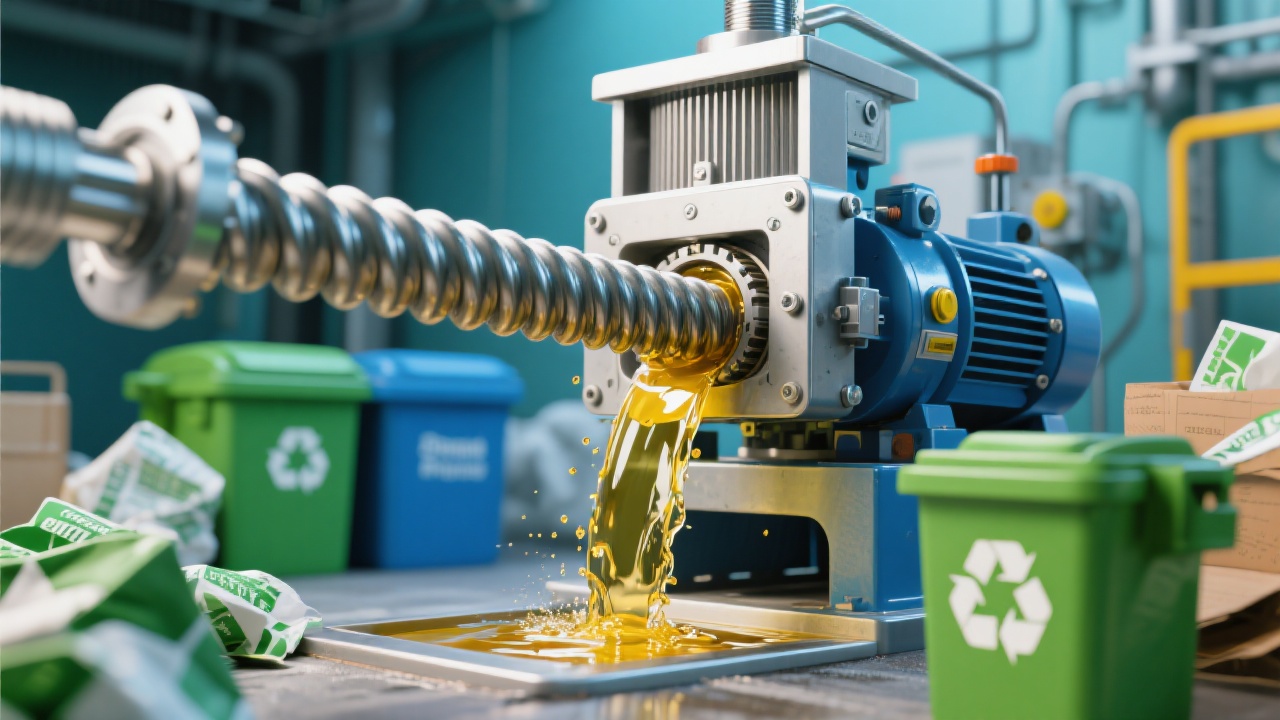
For food processors, chemical manufacturers, and pharmaceutical producers, consistent oil extraction efficiency is not just a goal—it’s a necessity. Yet many plants still struggle with recurring blockages in traditional screw presses that lead to downtime, inconsistent yields, and increased maintenance costs.
Industry data shows that up to 40% of unplanned production stops in small-to-mid-scale oil plants are caused by clogged discharge mechanisms—often due to poor material flow or uneven pressure distribution inside the press. This isn’t just about lost time; it directly impacts yield quality, energy consumption, and compliance with modern environmental standards.
Our latest spiral oil press features two breakthrough design elements:
| Feature | Traditional System | Our Innovation |
|---|---|---|
| Residual Cake Accumulation | High (avg. 3–5 kg per cycle) | Very Low (< 0.7 kg per cycle) |
| Maintenance Frequency | Every 3–5 days | Every 14–21 days |
| Oil Yield Consistency | ±8% variation | ±2% variation |
Core Value Highlight: These innovations don't just fix a problem—they redefine what's possible in stable, high-efficiency oil extraction.
In real-world applications—from cold-pressed flaxseed oil in Germany to hot-pressed soybean processing in Brazil—this dual-design approach has proven its ability to reduce cleaning cycles by over 70%, while maintaining optimal temperature control for both cold and hot pressing workflows.
Moreover, reduced mechanical stress and fewer breakdowns translate into lower long-term operational costs—not just in labor but also in energy use. A case study from a Malaysian palm oil mill reported a 12% drop in kWh/tonne of oil produced after switching to our system.

Whether you're scaling production or optimizing an existing line, these technical improvements offer measurable ROI through enhanced throughput, reduced waste, and improved compliance with global sustainability benchmarks like ISO 14001 and EU Green Deal requirements.
If you're ready to see how this design performs under your specific conditions—whether it’s peanut oil in Egypt, canola in Canada, or castor oil in India—we invite you to explore actual performance metrics from similar facilities.

